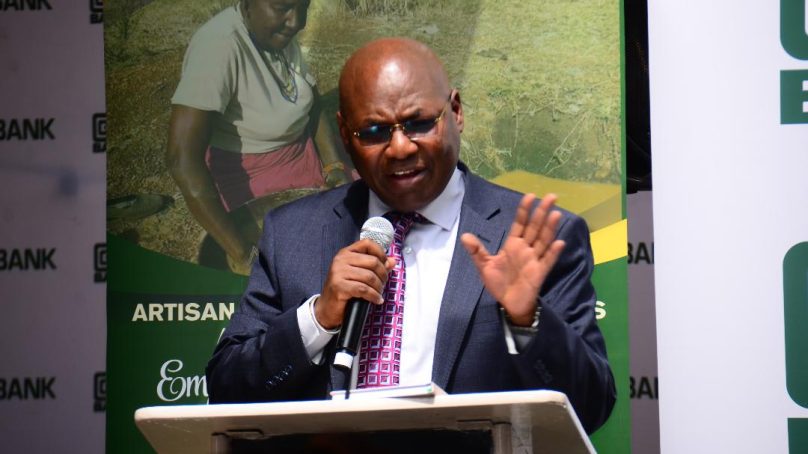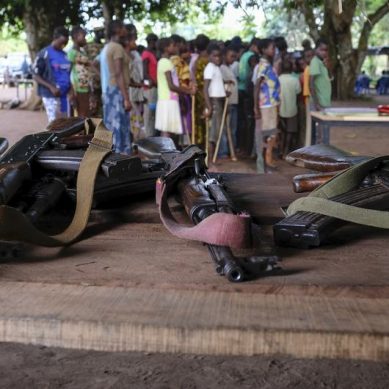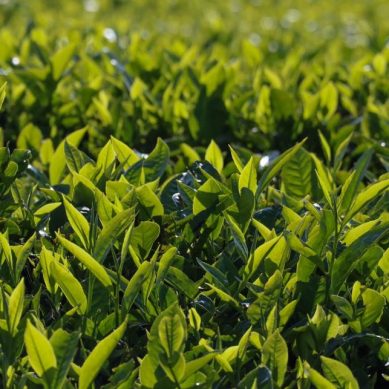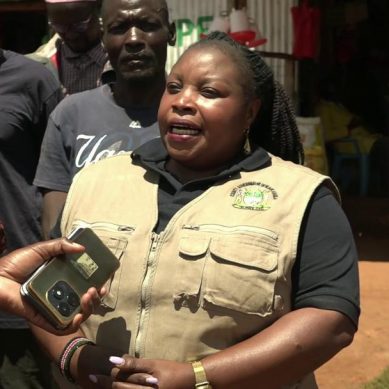
Rate of gold deposits are being discovered in Kenya raises hopes the East African nations is on the way to striking deposits of commercial value.
Given the developments in the mining, the government has pledged to enhance the sector by supporting small-scale and artisanal miners to generate more economic benefits.
The announcement was made during the Nyanza Gold Summit in Migori town, where policymakers, government officials, miners and investors came together to discuss better ways to manage and grow the gold mining industry.
In the past year, the have been reported incidents of artisanal minors being killed in goldmines all over the country – an indication of high possibility rich mineral deposits. However, the government has not significantly invested in mineral exploration, which makes it difficult to determine the commercial value the natural wealth.
Speaking during the event, Principal Secretary for Mining Harry Kimtai said that Nyanza region holds significant mineral potential and needs structured support to benefit fully from its resources. He stated that gold is a national treasure that should benefit the community and generate income for both levels of government, thereby steering the nation’s economic growth.
The summit also discussed issues of mineral exploration, workable solutions in the mining sector and clearing the backlog on permits and licenses that need approvals. Other issues discussed included addressing court cases hindering the department of mining from issuing approvals and licenses, as well as addressing the decriminalisation of small-scale and artisan miners
The principal secretary disclosed that the government, through the Ministry of Mining, Blue Economy and Maritime Affairs, is partnering the Central Bank of Kenya (CBK) to buy gold from Kenyans. He said the state is working with Kakamega Gold Refinery to achieve the goal.
According to the official, the mining department was working on reforms to create Joint Project Implementation Committees that will be meeting every month to listen and address challenges in the counties. The Nyanza Gold Summit also championed the coexistence of small-scale, artisan and land scale miners to promote economic benefits to the local communities.
Kimtai disclosed that there is space for everyone in the mining sector, adding that the government will allocate more space to artisanal miners to empower them economically. The majority of the 32 mining cooperatives in Migori have either been issued permits and licenses or are awaiting approval from the mining department.
The principal secretary, however, explained that the department will do recognition if miners do not get approval in time to ensure they continue to operate. On the issue of the environment, officials acknowledged that the department is working closely with the National Environment Management Authority (NEMA) to ensure that mining cooperatives meet the required environmental standards before being issued permits and licenses.
“Cooperative societies provide an organised structure for mining activities and with the support from NEMA, we are ensuring that these groups comply with the National Environmental Management Act before they receive their licenses,” Kimtai said.
The principal secretary, however, raised concerns over illegal mining activities in forests and the pollution of rivers caused by unregulated operations and illegal mines. He called upon the local community to work closely with the multi-agency security team to seek proper approval and guidance before operating on any government land.
The small-scale and artisanal miners, especially from Nyatike Sub County operating in forest areas, have been urged to obtain consent from the Kenya Forest Service (KFS) while those operating on private land and community lands to seek permission from the landowner and approvals from the county government.
Kimtai called upon the community to promote community policing to address illegal mining that may put their lives in danger through the use of harmful chemicals that find their way to the water sources. He noted that illegal miners have also denied sources of livelihood to individuals who deal with items necessary in the gold extraction process.
“A lot of illegal miners have been importing explosives across the border, denying the local explosive manufacturers and dealers businesses as well as the country revenue,” Kimtai pointed out.
On dealership licenses, the official disclosed that 145 licenses have not been approved because of poor or a lack of property infrastructure in the counties they operate.
“You cannot be having a dealership licence and you declare one million in royalties, yet we know that Migori County generates not less than 20 Kilogrammes of gold per day,” Kimtai explained.
He said that the department of mining will not issue any dealership licenses to any individual without proper infrastructure. The principal secretary also encouraged stakeholders in the mining sector to do what their mining licences prescribe, saying that an individual cannot be a miner, a processor, a dealer and a buyer at the same time.
Kenya Chambers of Mines Chair Patrick Kanyor said that until we have a legal, honest and trustworthy mining force, the government will not reap the full potential of the mineral deposits in the country.
Meanwhile, Migori County Executive Committee Member for Environment (CECM) Julius Nyerere said that they will work closely with the national government to ensure the minerals royalties benefit the community and generate revenue for the county.
- A Tell Media / KNA report / By Addah Awuor and Makokha Khaoya







